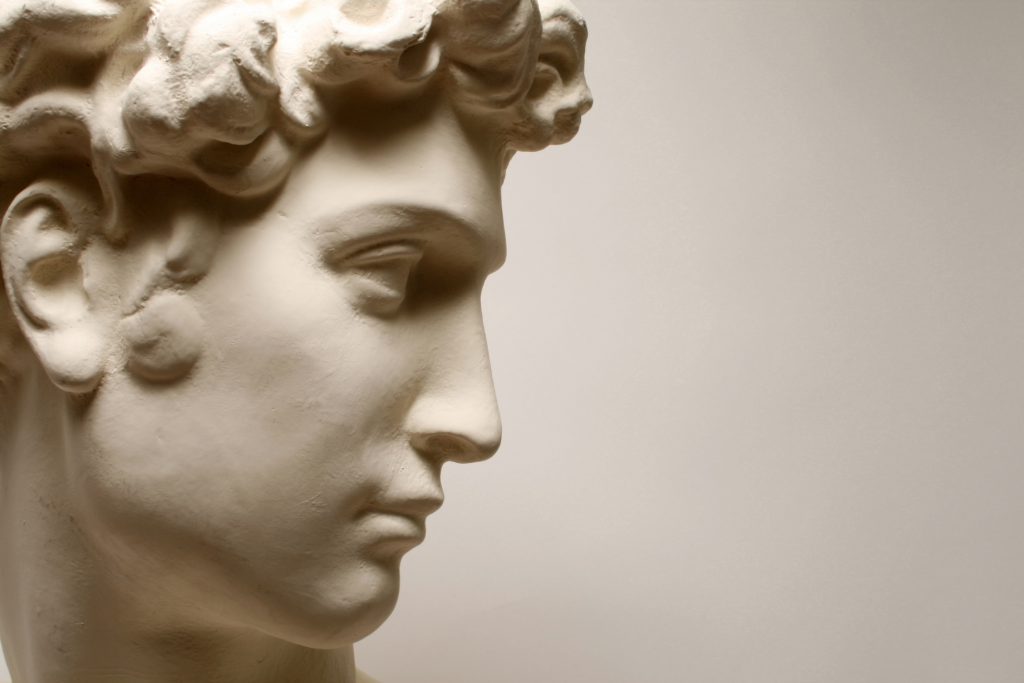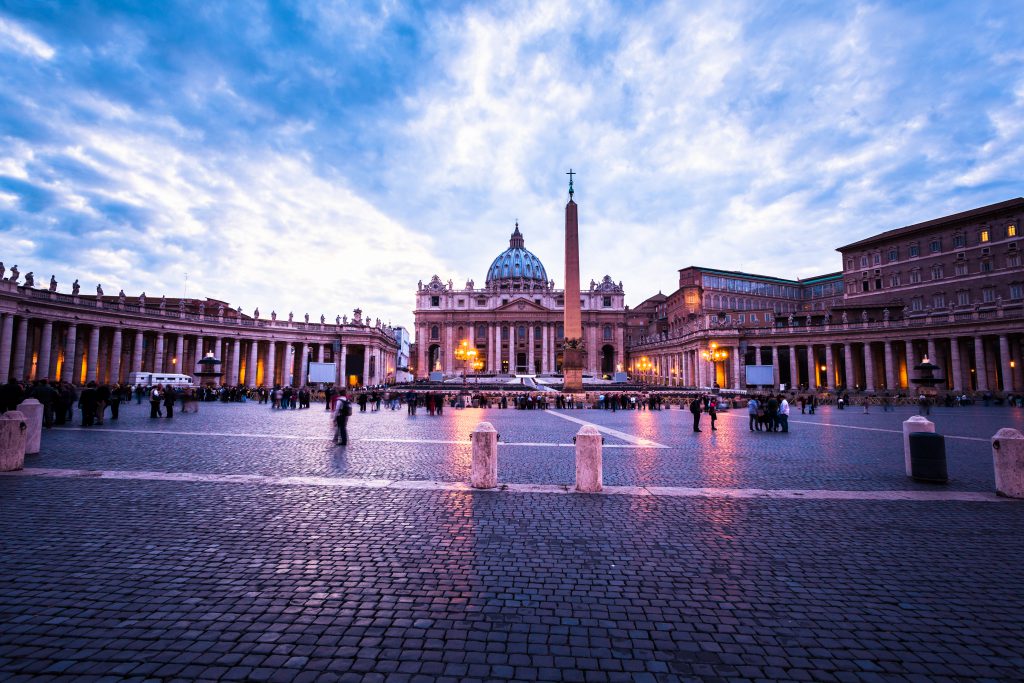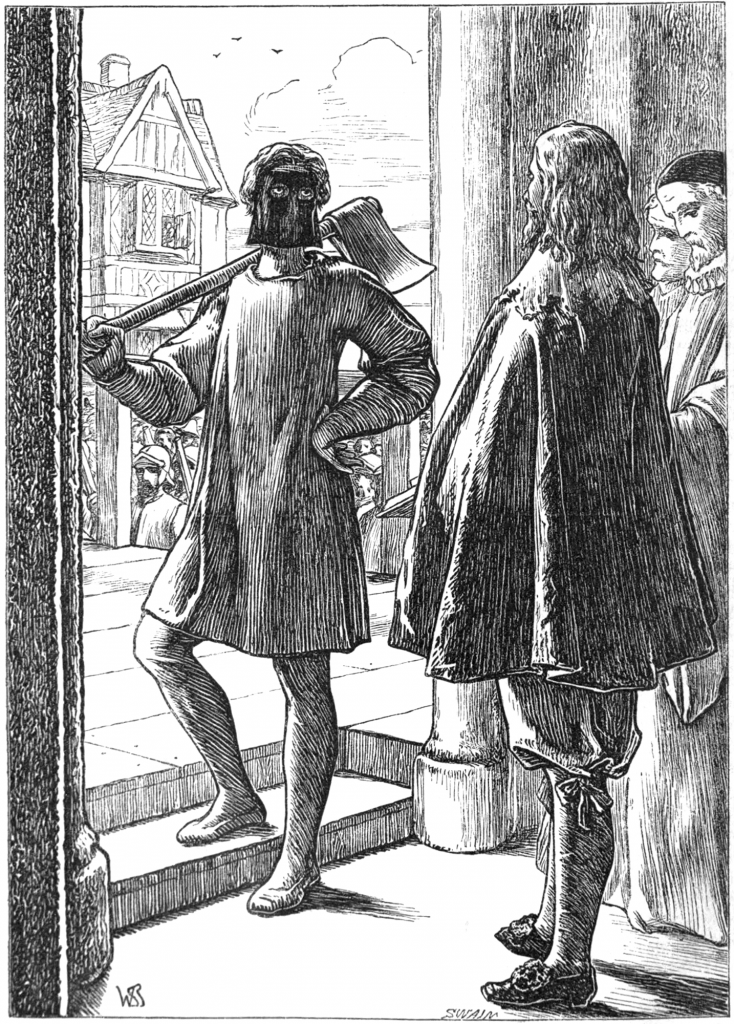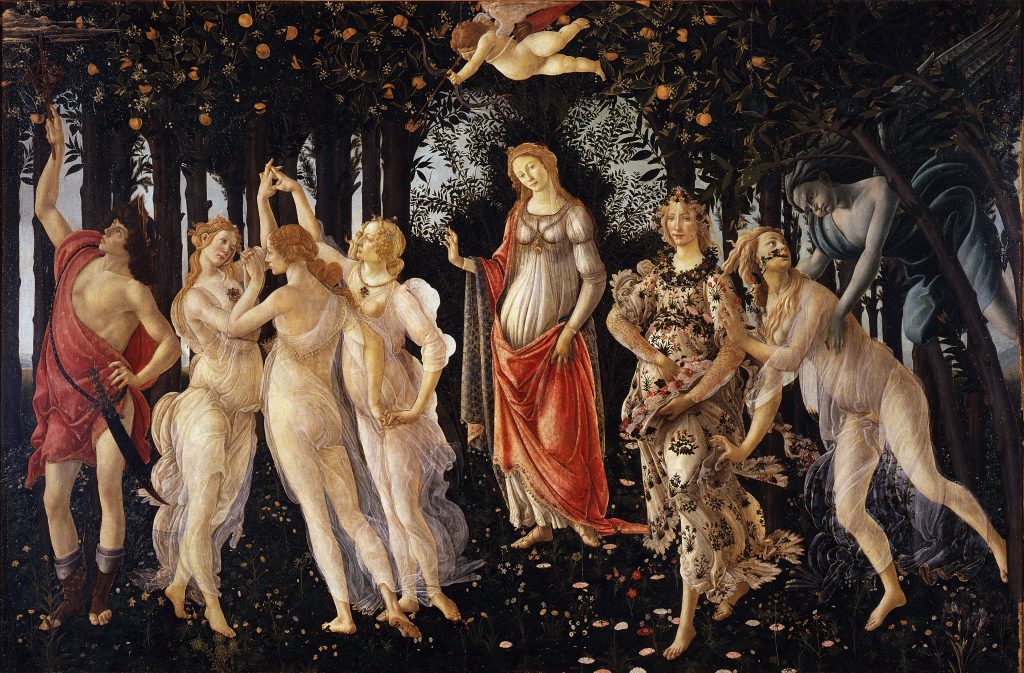
Suggested Readings
To find out more about everything there is to see in this section, including all content, books, Synopses, and photos, start by clicking on any book you choose. Then use the Next… links following each Synopsis to cycle through all the pages in this section of the site.
Pico de la Mirandola, “On the Dignity of Man” Pico de la Mirandola, a young Italian aristocrat, is most famous for having written, in 1486 at the age of 23, his now classic, “Oration on the Dignity of Man” that quickly became one of the foundational expressions of Renaissance Humanism. Pico’s “Oration” takes a strongly neo-Platonic viewpoint together with embrace of the wisdom …More
Robert Bauval & Chira Hohenzollern, The Vatican Heresy: Bernini and the Building of the Hermetic Temple of the Sun, Bear & Co., Rochester, VT 2014. The Catholic Church perpetrated a staggering number of brutal atrocities during the 16th and 17th centuries including the burning alive at the stake of considerable numbers of “heretics” and torture and long-term imprisonment of many others. This had begun centuries earlier, but continued to unfold even during the Renaissance and …More
Joscelyn Godwin, Athanasius Kircher’s Theatre of the World: His Life, Work, and the Search for Universal Knowledge, Inner Traditions, Rochester, Vt., 2009.
Desmond Seward, Prince of the Renaissance: The Life of François I, Constable, London, 1973.
Gamini Salgado, The Elizabethan Underworld, Wrens Park Publishing, 1977/1992.
Angelo Maria Ripellino, Magic Prague, Pan Macmillan 1995.
Michael White, The Pope & the Heretic: The True Story of Giordano Bruno, the Man Who Dared to Defy the Roman Inquisition, Harper Perennial, 2003.
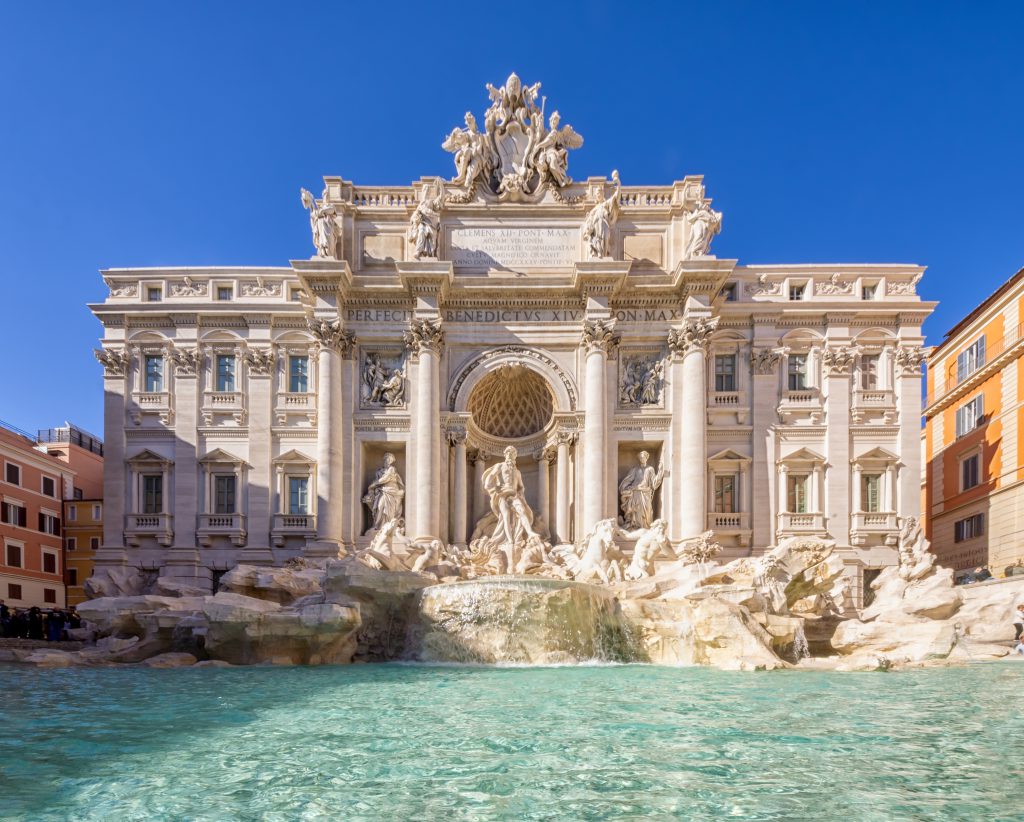
Christopher Hill, The World Turned Upside Down: Radical Ideas During the English Revolution, Penguin, London, 1975. Christopher Hill was Professor of History at Baloil College, Oxford and the author of half-a-dozen of the most important works on 17th century English history. The middle decades of the 17th century found a rapidly changing Britain in crisis. Older traditional ways of life were fast being displaced, but there were …More
Antonia Fraser, King Charles II, Weidenfeld & Nicolson, London, 1979.
Mariet Westermann, A Worldly Art: The Dutch Republic 1585-1718, Yale University Press, New Haven, 1996.
Penn & Teller (Directors), Tim’s Vermeer starring Tim Jenison (Video available from Amazon).
Roger Ekirch, At Day’s Close: Night in Times Past, WW Norton, New York, 2005.
Michael White, Isaac Newton: The Last Sorcerer, Basic Books, New York, 1997. The execution of King Charles I by the anti-royalist Puritans in control of Parliament 1n 1649 was a dramatic watershed in English history. During the “Protectorate” of Oliver Cromwell and then his son that followed, the quest for new empirical insights and more accurate understanding of the actual workings of the universe had declined sharply, enforced by Cromwell’s soldiers …More
Vaughn Hart, Christopher Wren: In Search of Eastern Antiquity, Paul Mellon Centre, 2020.
Eric Samuel De Maré, Wren’s London, Folio Society, London, 1975.
Edward Kritzler, Jewish Pirates of the Caribbean: How a Generation of Swashbuckling Jews Carved Out an Empire in the New World in Their Quest for Treasure, Religious Freedom–and Revenge, Anchor Books, New York, 2008.
Manley P. Hall, The Lost Keys of Freemasonry, Macoy Publishing, Richmond, VA, 1976.
Lawrence Gardner, The Shadow of Solomon: The Lost Secrets of the Freemasons Revealed, Weiser Books, San Francisco, 2007. Lawrence Gardner is a Freemason and former Master Mason of the United Grand Lodge of England. He begins The Shadow of Solomon with a description of the original Invisible College of the late 1600’s and how eager its members were to penetrate and grasp ancient knowledge that early Freemasonry would also strive to regain. Gardner writes that, “Intellectuals of the era, such as Sir Christopher Wren and Sir Isaac Newton knew that Masonic lore was connected with kabbalah wisdom …More
Next Section: Our Mind(s)
